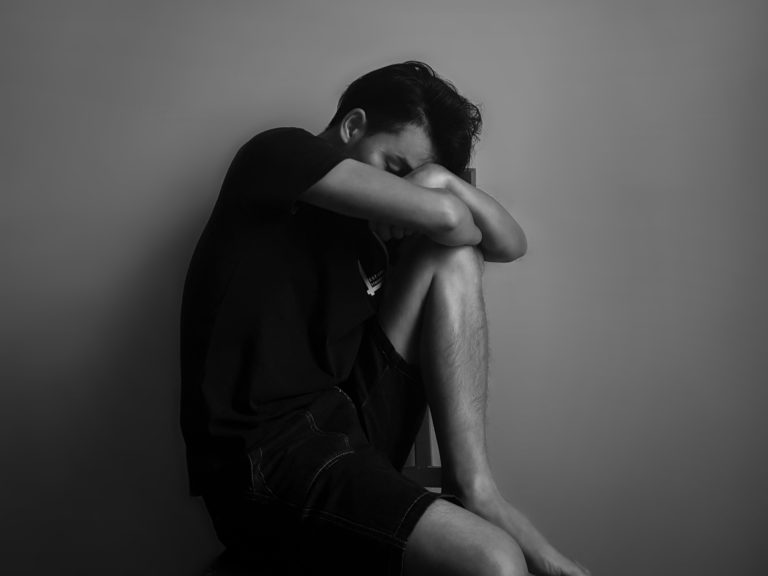Insights on Male Depression and Men in Therapy
February 22, 2018
By Seed Psychology in Depression, Men’s mental health, Self-care

This area of depression has been well researched within the field of psychology. Depression in men, or male-type depression as it is sometimes referred to, is a complex, nuanced area. Men can often experience other issues such as anger, irritability, relationship difficulties or physical complaints through which their depression is manifested.
In understanding male depression, it is important to understand male psychology and the core issues around shame and masculinity that often play a part.
Men who are exposed to shame from a young age or subject to critique when younger can become highly exposed to shame and develop with a sense of ultra-sensitivity and defensiveness as adults. In addition, and sometimes as an extension of this, men can be vulnerable in attaching a meaning of masculinity to relatively neutral events or situations, and in so doing, carry a heightened sense of stress related to their perceived masculine gender role that in a sense reflects their importance of being a man.
Pollock has suggested that displays of dominance, aggression, control, blaming and avoidance can be thought of as a male ‘way of weeping.’ In a way, this can tell us something of their internal emotional state.
Some components of depression in men may include but are not limited to:
- Exaggerated behaviour: substance abuse, overworking, sexual impulsivity
- Blaming others / emotional reasoning: Blaming others for one’s bad moods (men may try to make sense of their experience through blaming others because it is so unbearable to experience themselves)
- Avoidance and escape: avoiding conversations / situations that might be too difficult or painful
- Discontent with self: sensitivity toward feeling shamed, defensiveness when weaknesses are pointed out.
There are different approaches a psychologist may use in working with depression in men.
Ultimately it is important to educate and help men to develop a healthier, less persecutory and more sympathetic relationship with themselves in dealing with the issues around shame, masculinity, intimacy and the emotional experiences that affect them and their relationships. This in turn creates pathways toward greater emotional growth.
by Dr Marc Janover, Psychologist at Seed Psychology





